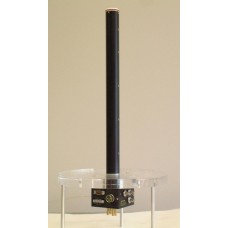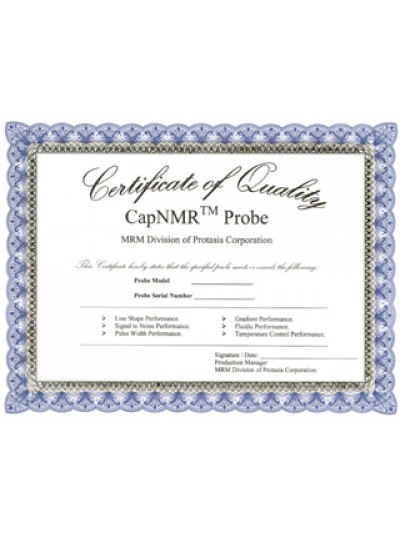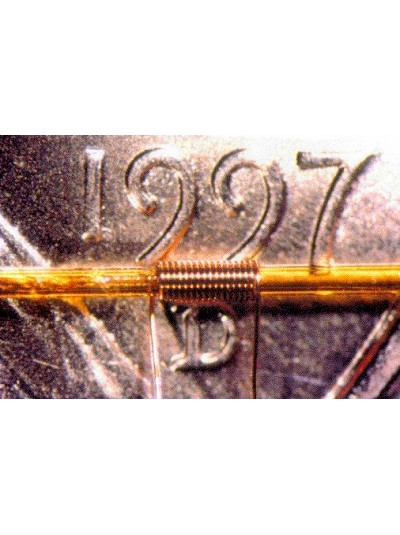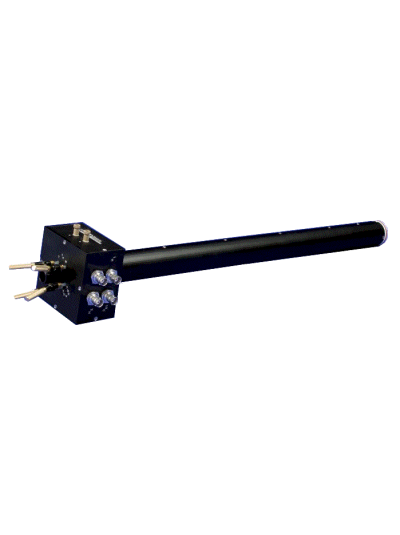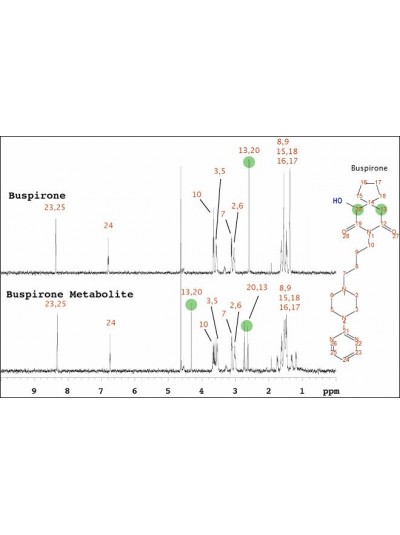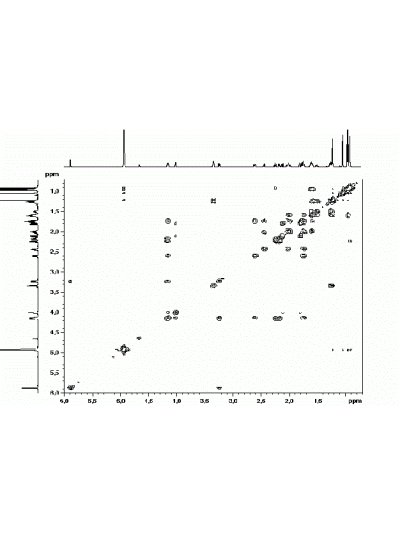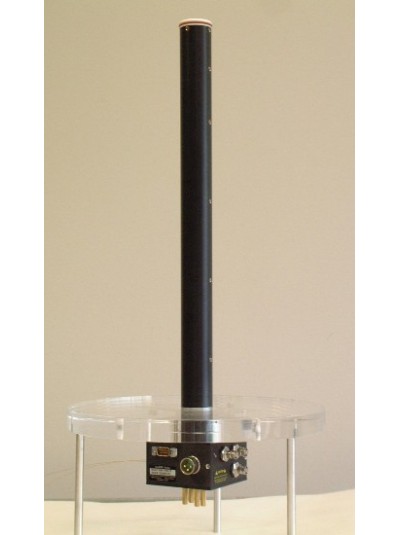Shopping Cart
0 item(s) - $0.00CapNMR ICG Probe
Add to Compare
Ask a question
Your Name:Your Email:
Your Question: Note: HTML is not translated!
Enter the code in the box below:
Protasis MRM overcomes the limitations of traditional NMR with its new Indirect Carbon Gradient MicroFlow NMR Probe. The CapNMR ICG probe significantly enhances NMR mass sensitivity while providing superior fluidic performance in a scant 2.5 uL of observable sample volume.
Typical homonuclear and heteronuclear NMR spectra are now possible using 100 nmol or less of analyte. The addition of pulse field gradients to an already unique probe design allows for complete access to modern NMR pulse programs utilizing water suppression techniques and coherence selection pathways.
The ICG microflow probe utilizes a unique, patented NMR flowcell that provides excellent spectral resolution while maintaining high fill factor. Optimized to the elution volume of capillary-scale columns, the ICG probe has an active volume of just 2.5μl, the flowcell volume is 5μl and the entire probe volume is just 15μl from inlet to outlet.
High Sensitivity
Now Twice as Fast!
Solvent consumption is drastically reduced over conventional scale systems, making the use of NMR-compatible (deuterated) solvents cost-effective and practical. Our probes are engineered, manufactured and calibrated to extremely high standards, so that sample management is reliable and accurate. All wetted surfaces of the ICG probe are rugged, yet smooth, fused silica or Teflon FEP for flexibility and biocompatibility. Protasis CapNMR probes are easy to use, reliable to operate and adaptable to all major spectrometer systems. Load manually or step up to Protasis Life Science Automation solutions.
CICG-__XXX-10-TTT-FFF Protasis CapNMR ICG Probe
B = Bruker XXX = 300, 400, 500, 600, 700 MHz
V = Varian TTT = 75F (75 micron I.D. FEP transfer tubing)
J = JEOL FFF = 05E (5uL Enhanced) or 10E (10uL Enhanced)
NMR Compatibility:
Protasis/MRM probes are compatible with Bruker, Varian and JEOL NMR spectrometers. The proton detect/deuterium lock probes are designed for 300 MHz — 800 MHz operation.
CapNMR™ ICG Probe Performance Benefits
- High mass sensitivity lets you reduce sample preparation time and get results faster.
- Up to 100X faster than 5mm probes. Improve utilization for your existing magnets.
- Rapid 2D experiments enable more information with less sample in less time.
- Small flowcell volume lets you take less sample from valuable, prepared libraries.
- Go shimless. Reshimming is typically not required between samples in the same solvent.
- Save the cost and time of filling NMR tubes. Use standard lab consumables and techniques.
- Excellent hydrodynamic and NMR spectral resolution. Exceptionally clean baselines.
- Short pulse widths enable broadband experiments without overheating sample.
- Miniscule solvent consumption for economical operation and minimal waste.
- Compatible with all HPLC and NMR solvents (e.g., DMSO, chloroform, acetonitrile).
- Flow-through probe design virtually eliminates sample carryover. Easy cleaning protocols.
- Load samples manually with a simple syringe or fully automatically with a liquid handler.
- Exchange solvents (protonated-to-deuterated) with vacuum centrifuge or SPE.
- Solvent management available to protect deuterated solvents from atmospheric contaminants
| Probe | |
| Nuclei | 1H {13C} / 2H lock |
Write a review
Your Name:Your Review: Note: HTML is not translated!
Rating: Bad Good
Enter the code in the box below:
The microNMR Outlet © 2025







